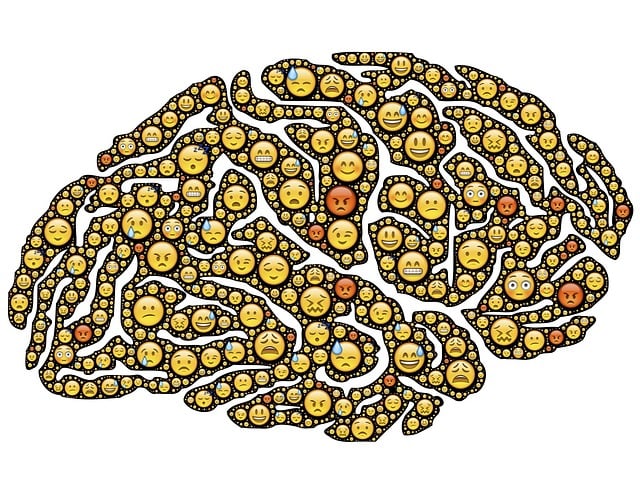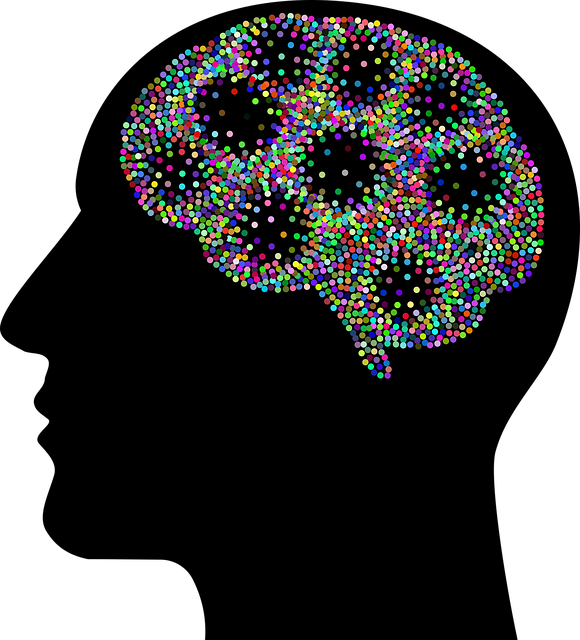Englewood Bipolar Disorder Therapy offers specialized counseling for individuals experiencing loss, grief, and bereavement, especially relevant for bipolar disorder sufferers. They acknowledge multiple sources of loss and guide clients through the stages of grief, fostering resilience. Their services include social skills training and self-care routines to enhance mental health. Through safe, non-judgmental spaces and evidence-based practices, they help individuals process emotions, manage bipolar symptoms, and adapt to their new reality, ensuring holistic trauma support.
Loss, grief, and bereavement are universal human experiences that can profoundly impact mental health. This comprehensive guide explores these complex emotions, offering insights into their causes and effects. We delve into the transformative power of counseling in managing emotional pain associated with loss. From understanding the therapeutic process to discovering effective strategies for support, this article provides valuable knowledge. Additionally, we highlight Englewood Bipolar Disorder Therapy’s role in addressing mental health challenges specific to grief, emphasizing holistic approaches to healing.
- Understanding Loss, Grief, and Bereavement: A Comprehensive Overview
- The Role of Counseling in Managing Emotional Pain
- Strategies for Effective Bereavement Support: A Therapeutic Approach
- Englewood Bipolar Disorder Therapy: Addressing Complex Mental Health Challenges in Grief
Understanding Loss, Grief, and Bereavement: A Comprehensive Overview

Loss, grief, and bereavement are complex and deeply personal experiences that vary widely from one individual to another. Understanding these processes is crucial in providing effective counseling, especially for those dealing with issues like bipolar disorder. At Englewood Bipolar Disorder Therapy, we recognize that loss can stem from various sources—the death of a loved one, the end of a significant relationship, or even the diagnosis of a chronic illness. Each of these experiences carries its own unique pain and can trigger intense emotional responses.
Grief is not simply the absence of joy; it’s an active process where individuals work through stages of denial, anger, bargaining, depression, and ultimately, acceptance. This journey often involves profound introspection and the development of inner strength. Our counseling services aim to support clients in navigating these stages, fostering resilience, and integrating their experiences into a meaningful narrative. Additionally, we emphasize the importance of social skills training and self-care routine development for better mental health during this challenging period.
The Role of Counseling in Managing Emotional Pain

Counseling plays a pivotal role in helping individuals navigate and manage emotional pain associated with loss, grief, and bereavement. Through professional support, one can explore and process their emotions, finding healthy coping mechanisms for their unique situation. Engaging in counseling is especially beneficial for those dealing with complex conditions like bipolar disorder, as it provides a safe space to understand and regulate intense feelings.
This therapeutic process fosters emotional intelligence, enabling individuals to recognize and express their emotions effectively. Over time, counseling sessions can lead to self-esteem improvement, helping one heal and regain a sense of control. Moreover, addressing grief through counseling contributes to overall mental wellness, offering tools to cope with life’s challenges and fostering resilience.
Strategies for Effective Bereavement Support: A Therapeutic Approach

Bereavement support goes beyond mere sympathy; it’s a therapeutic process tailored to each individual’s unique grief journey. Effective counseling strategies for bereavement involve creating a safe, non-judgmental space where clients feel empowered to express their emotions freely. This often includes techniques like active listening, validating experiences, and normalizing grief reactions to help individuals process their loss and navigate the complex landscape of their emotions.
A structured therapeutic approach can be particularly beneficial in managing conditions like bipolar disorder, as Englewood Bipolar Disorder Therapy illustrates. By integrating mental health education programs designed for burnout prevention and enhancing healthcare provider cultural competency training, bereavement counseling becomes more inclusive and effective. This holistic perspective ensures that individuals experiencing grief receive the nuanced support they need to heal and adapt to their new reality.
Englewood Bipolar Disorder Therapy: Addressing Complex Mental Health Challenges in Grief

Englewood Bipolar Disorder Therapy offers specialized support for individuals navigating complex mental health challenges amidst grief and bereavement. This approach recognizes that bipolar disorder often exacerbates emotional responses to loss, making it a crucial aspect of comprehensive counseling. By integrating evidence-based practices tailored to manage mood swings and stabilize emotions, therapists help clients process their grief in healthier ways.
The therapy focuses on developing coping strategies for managing intense emotions associated with bereavement while also addressing the underlying bipolar disorder. This dual focus ensures that individuals receive holistic trauma support services, fostering mental wellness. Through the Mental Wellness Podcast Series Production, engaging content is made accessible, offering valuable insights into grief, mood management, and recovery.
In light of the profound impact loss, grief, and bereavement can have on individuals and communities, understanding the crucial role counseling plays in managing emotional pain is essential. From comprehending the complexities of loss to implementing effective therapeutic strategies, such as Englewood Bipolar Disorder Therapy, this article has provided a comprehensive overview. Recognizing that each person’s journey through bereavement is unique, we’ve highlighted strategies for offering substantial support. By integrating these insights into our approach to grief counseling, we can foster healing and resilience in those navigating life’s most challenging transitions.














